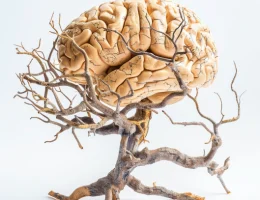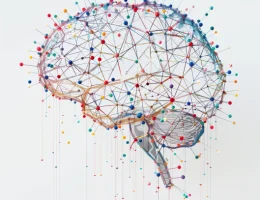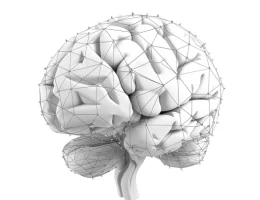Bredesen’s 2014 study introduces an innovative approach to addressing cognitive decline, particularly in conditions such as Alzheimer’s disease. This research explores a multi-modal therapeutic framework called Metabolic Enhancement for Neurodegeneration (MEND), highlighting its potential to improve cognitive abilities in early-stage cases. The findings are promising yet warrant further investigation to …










